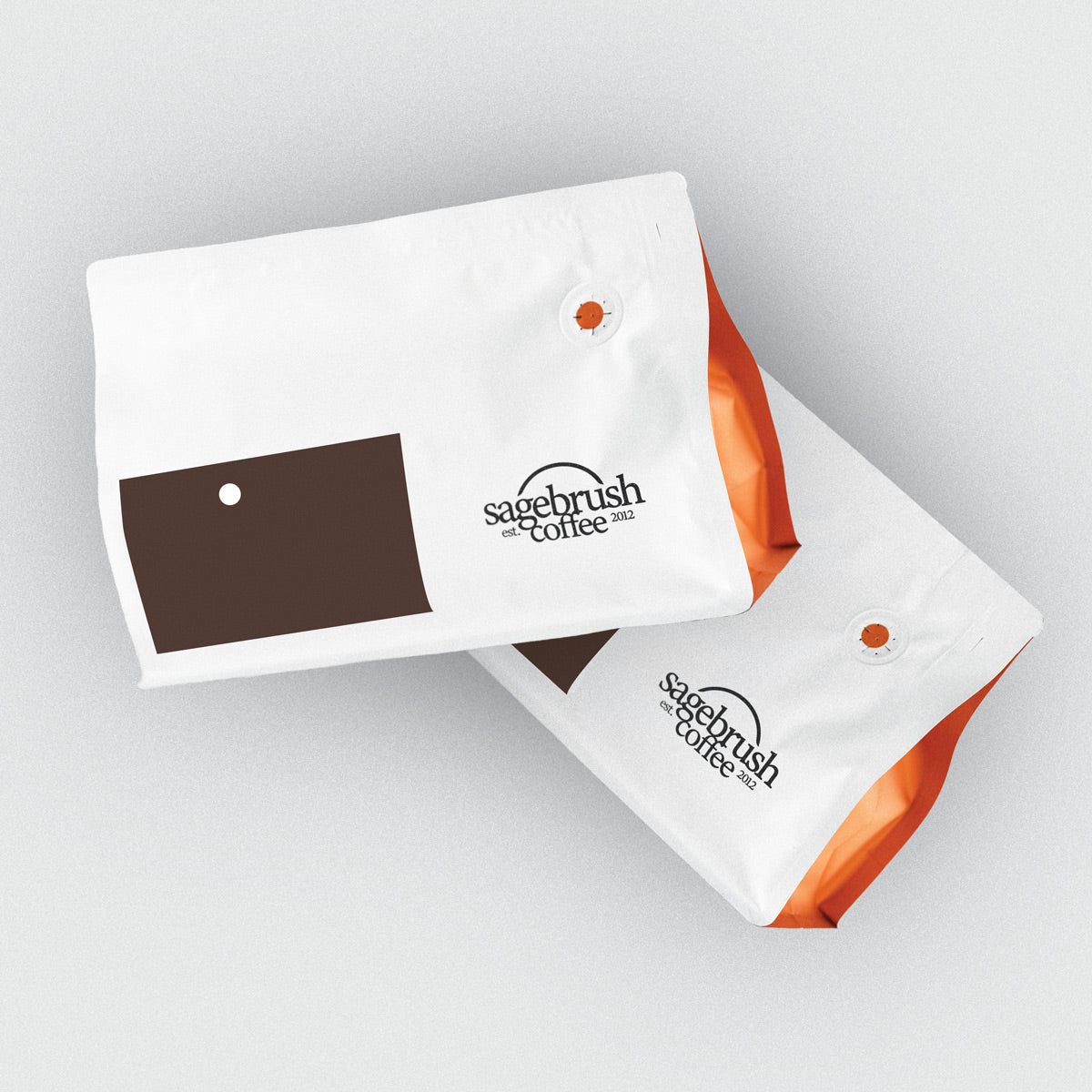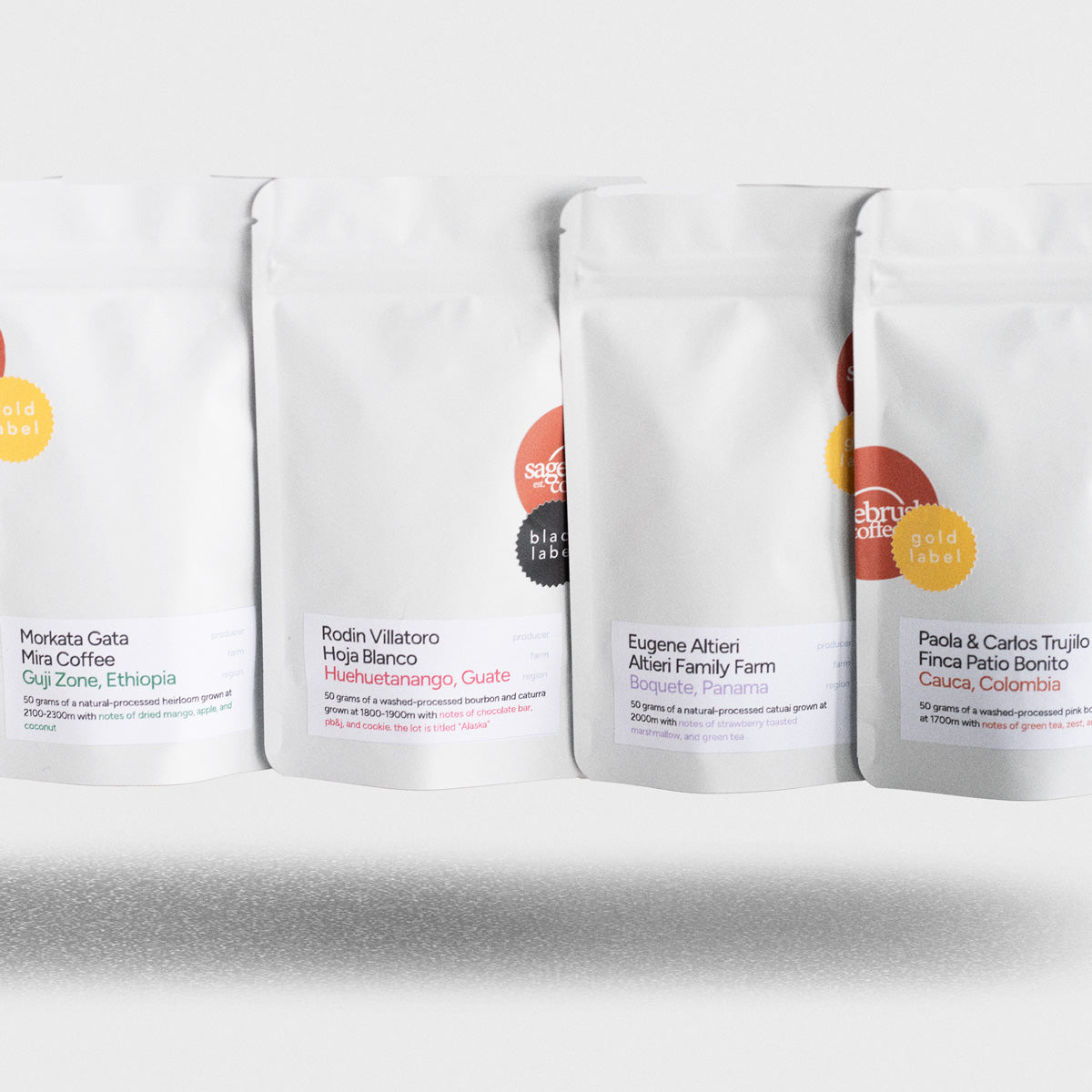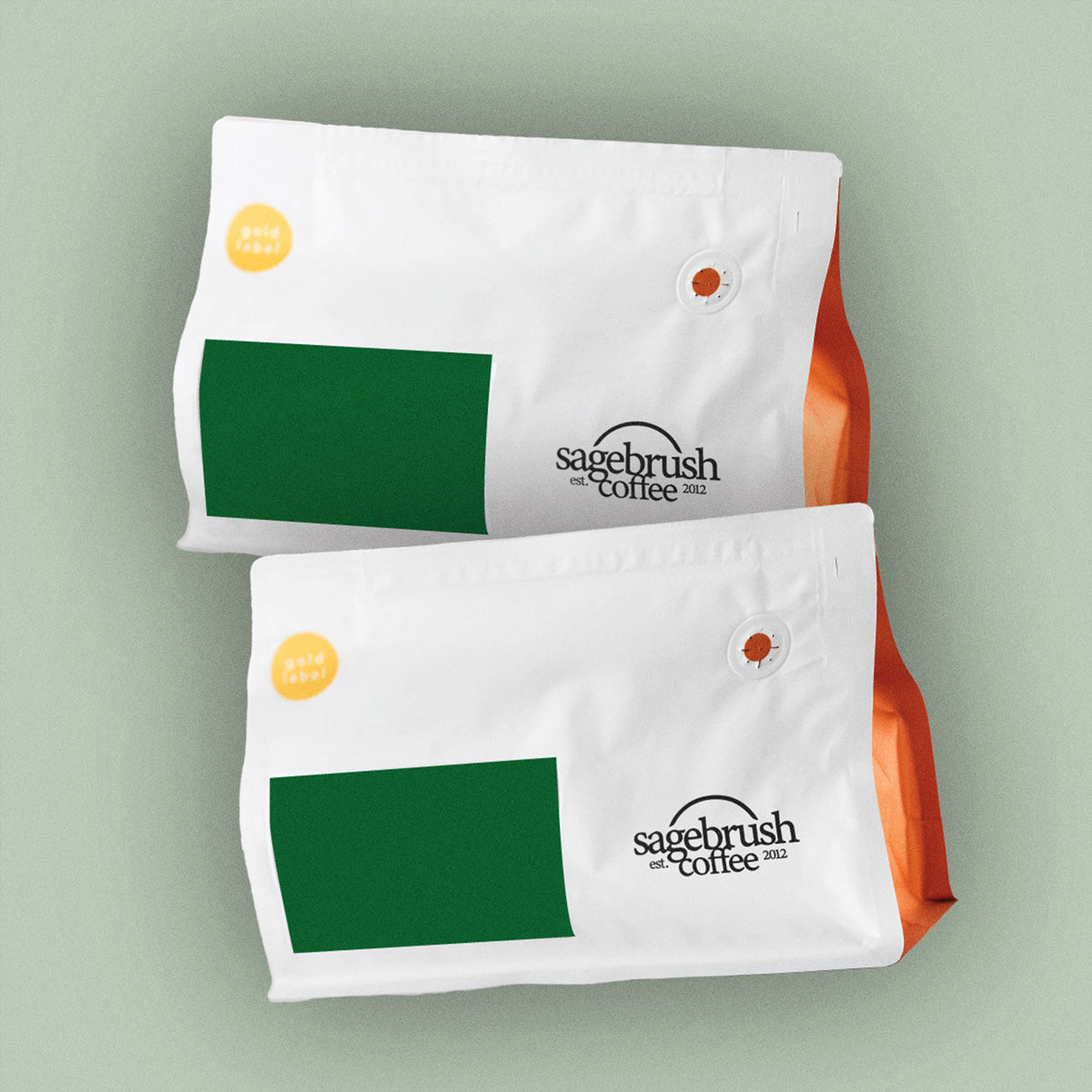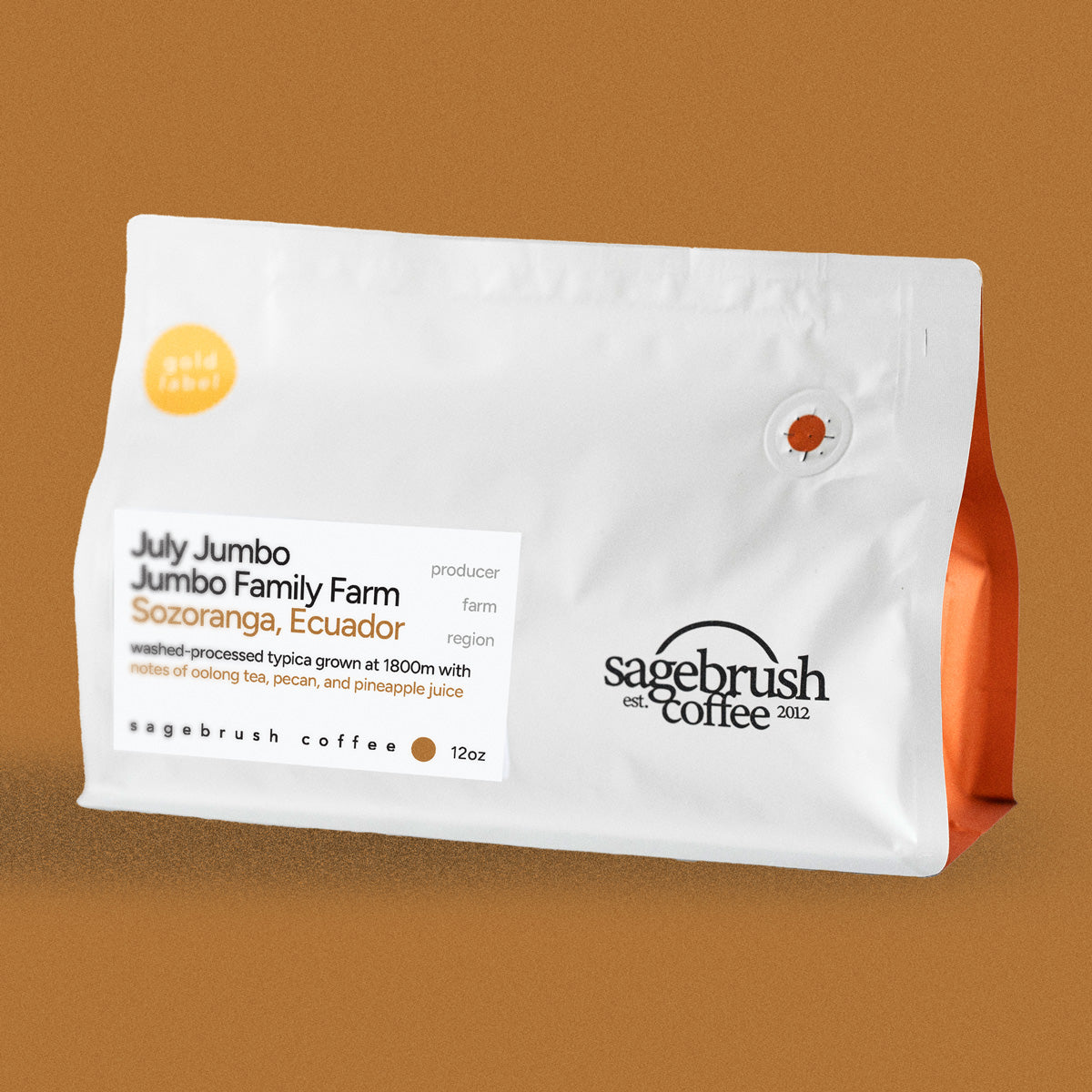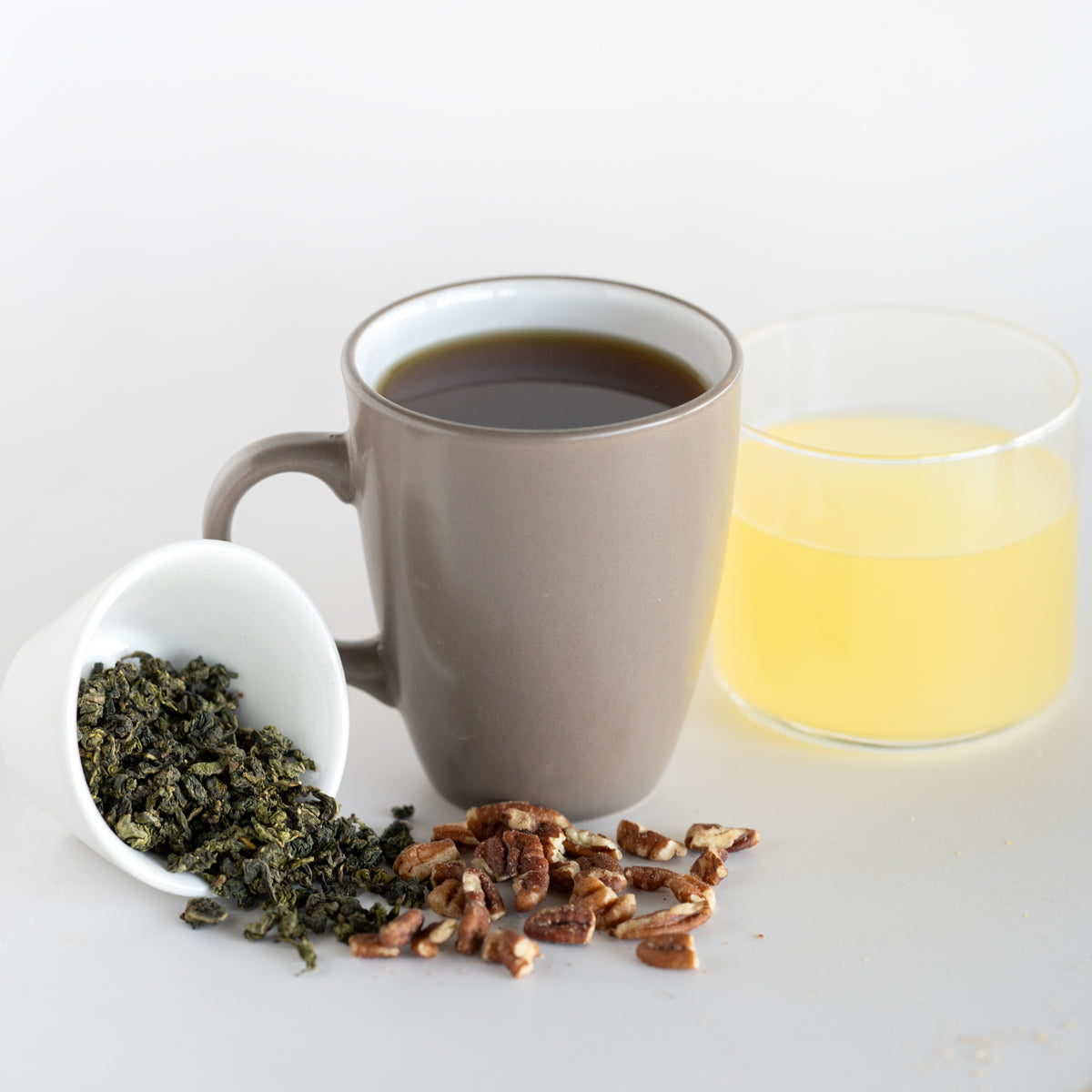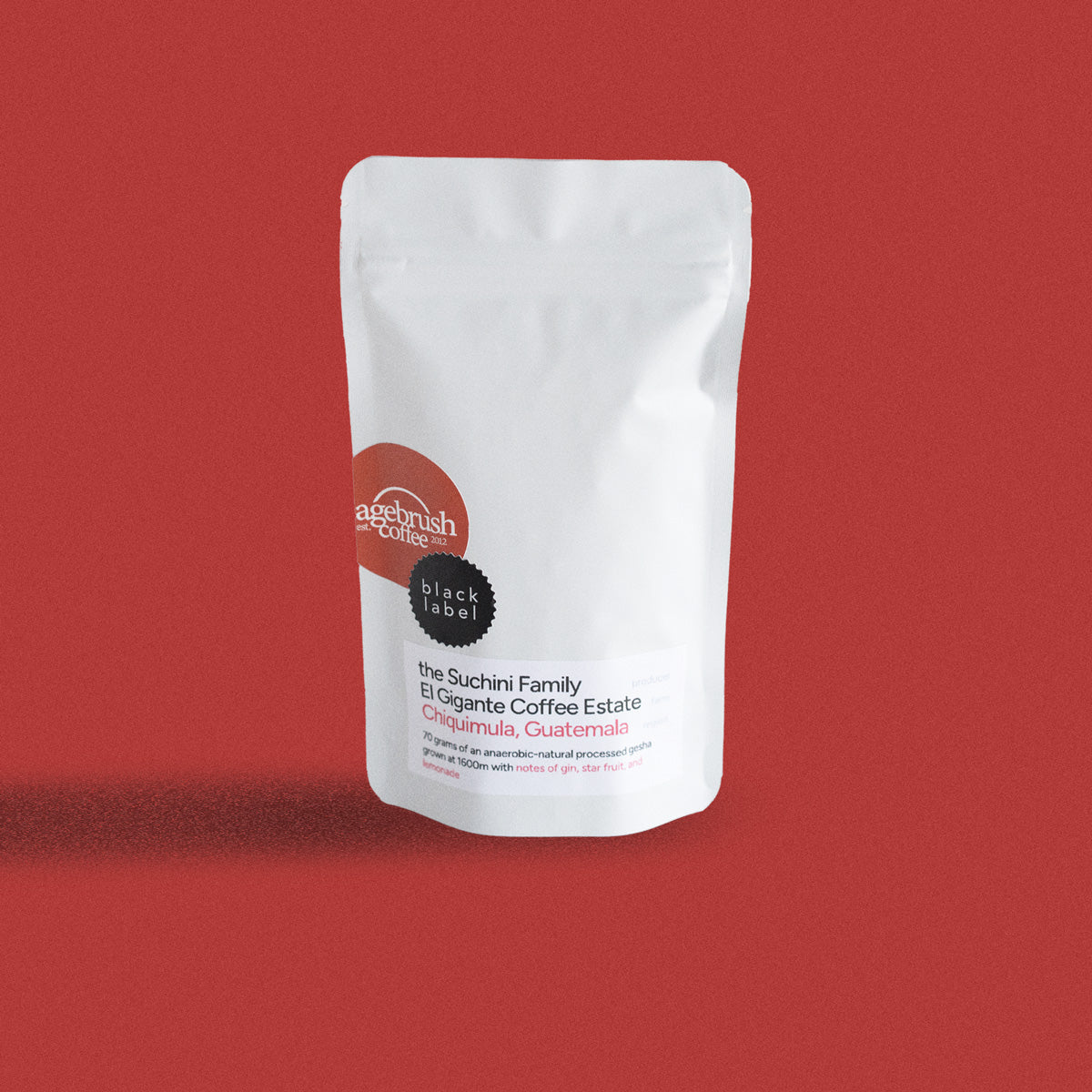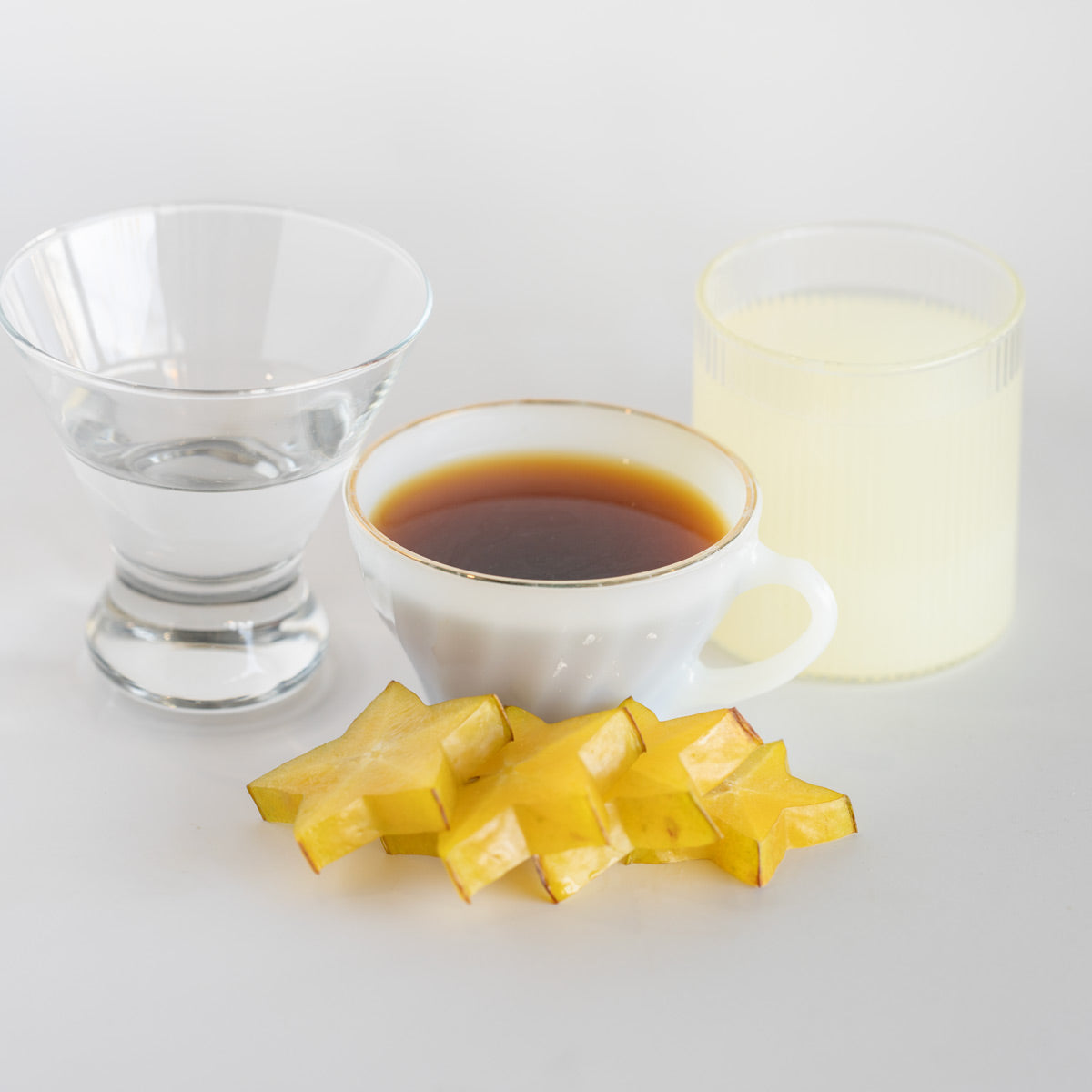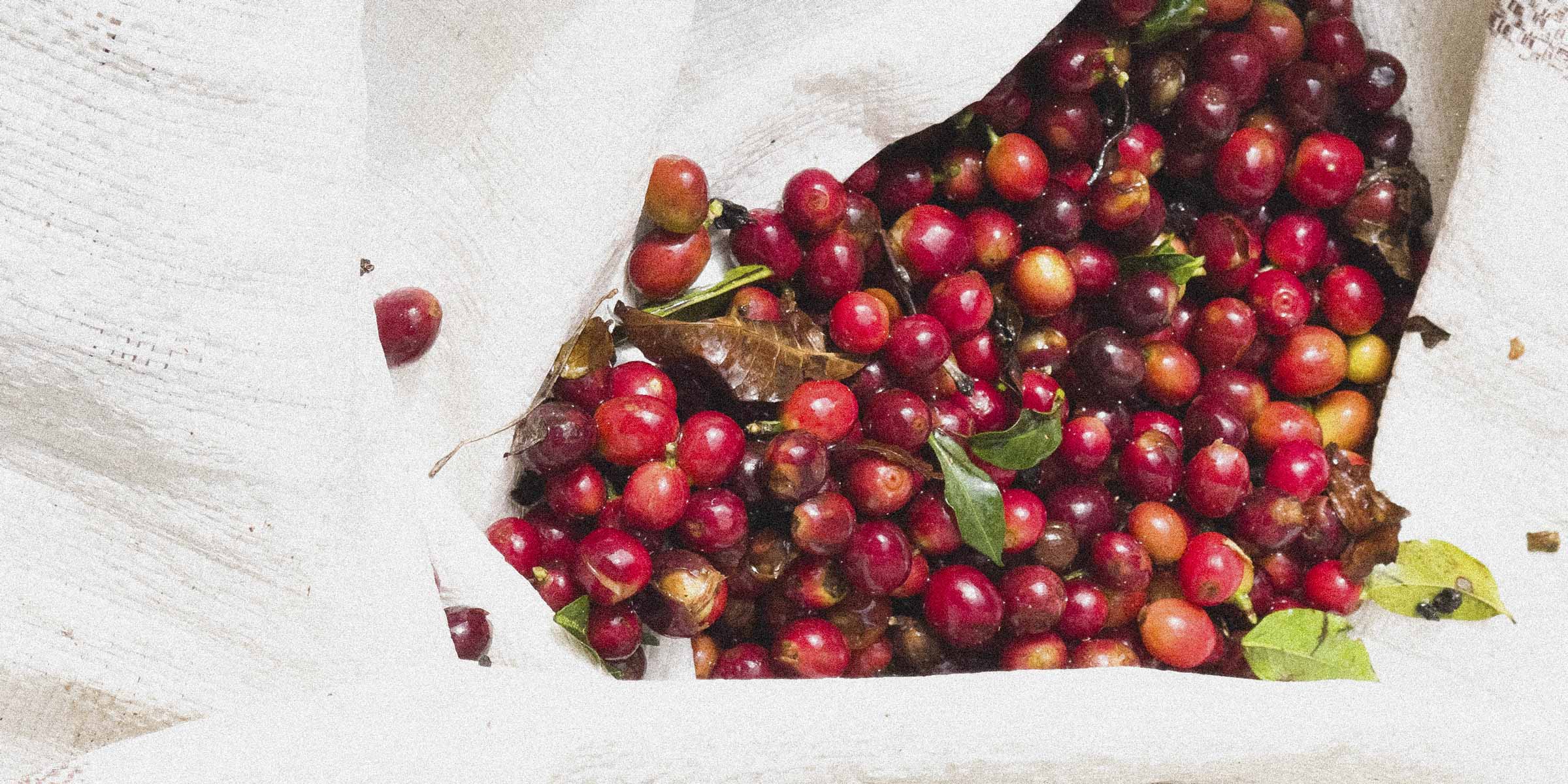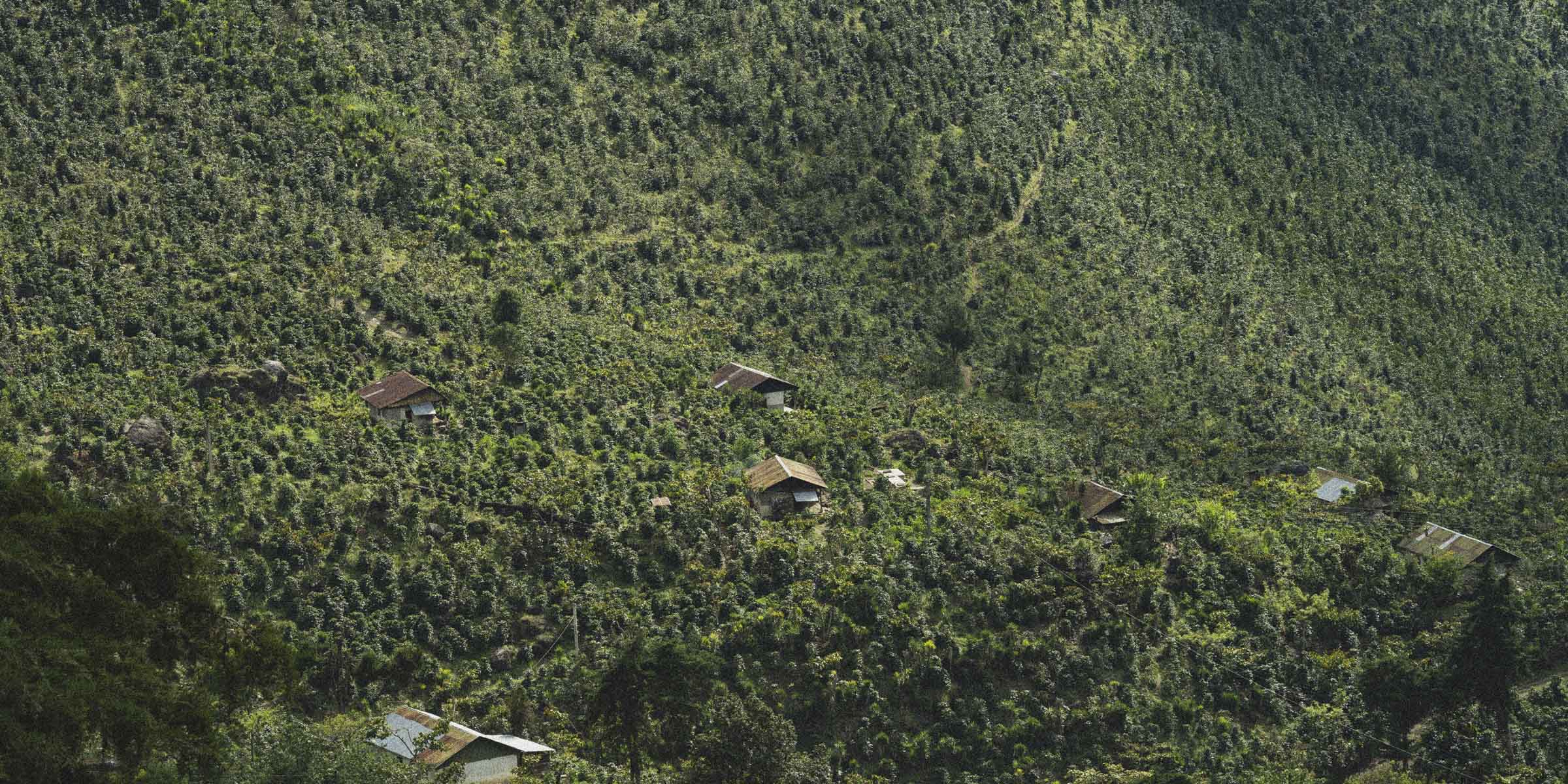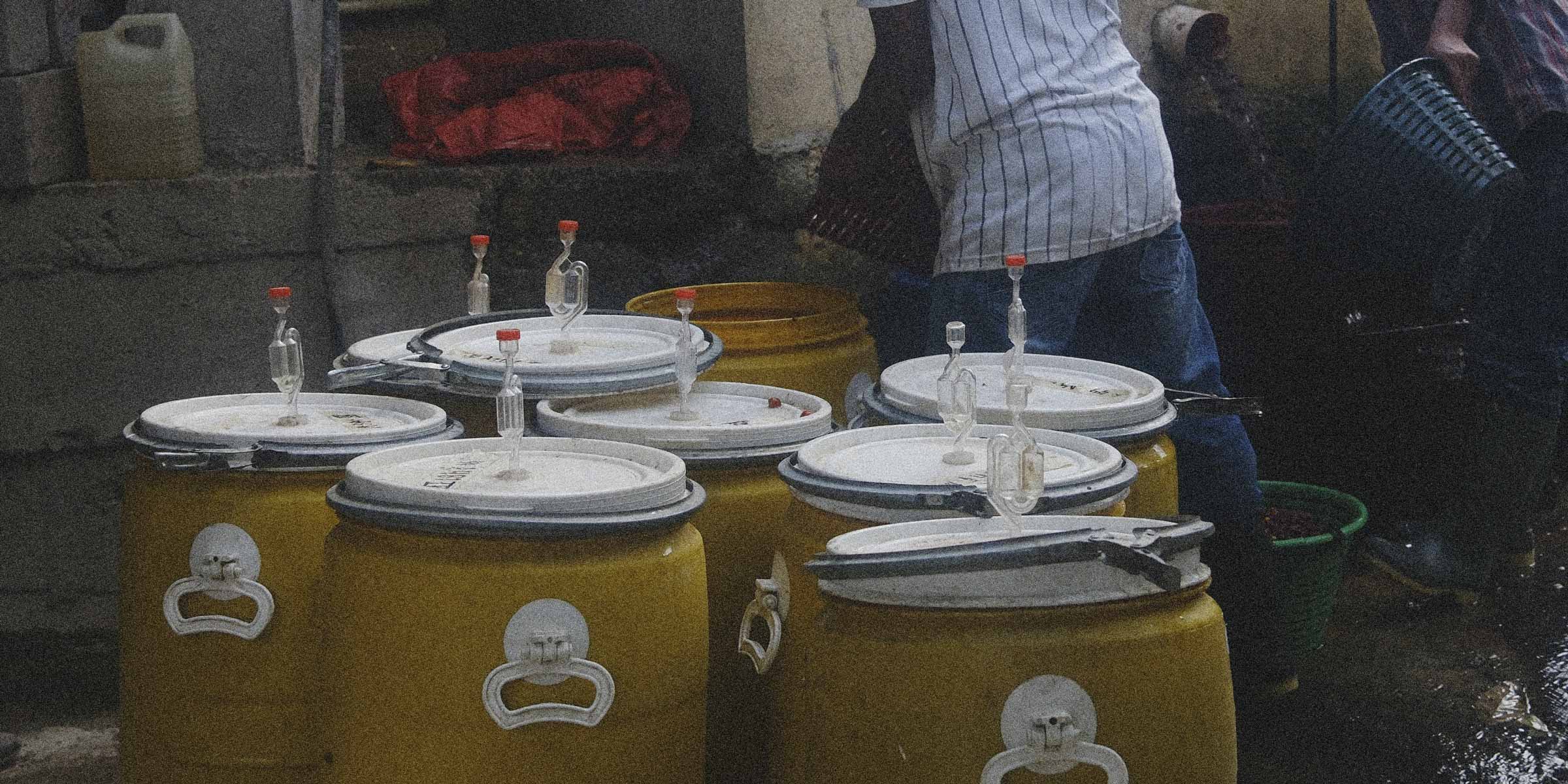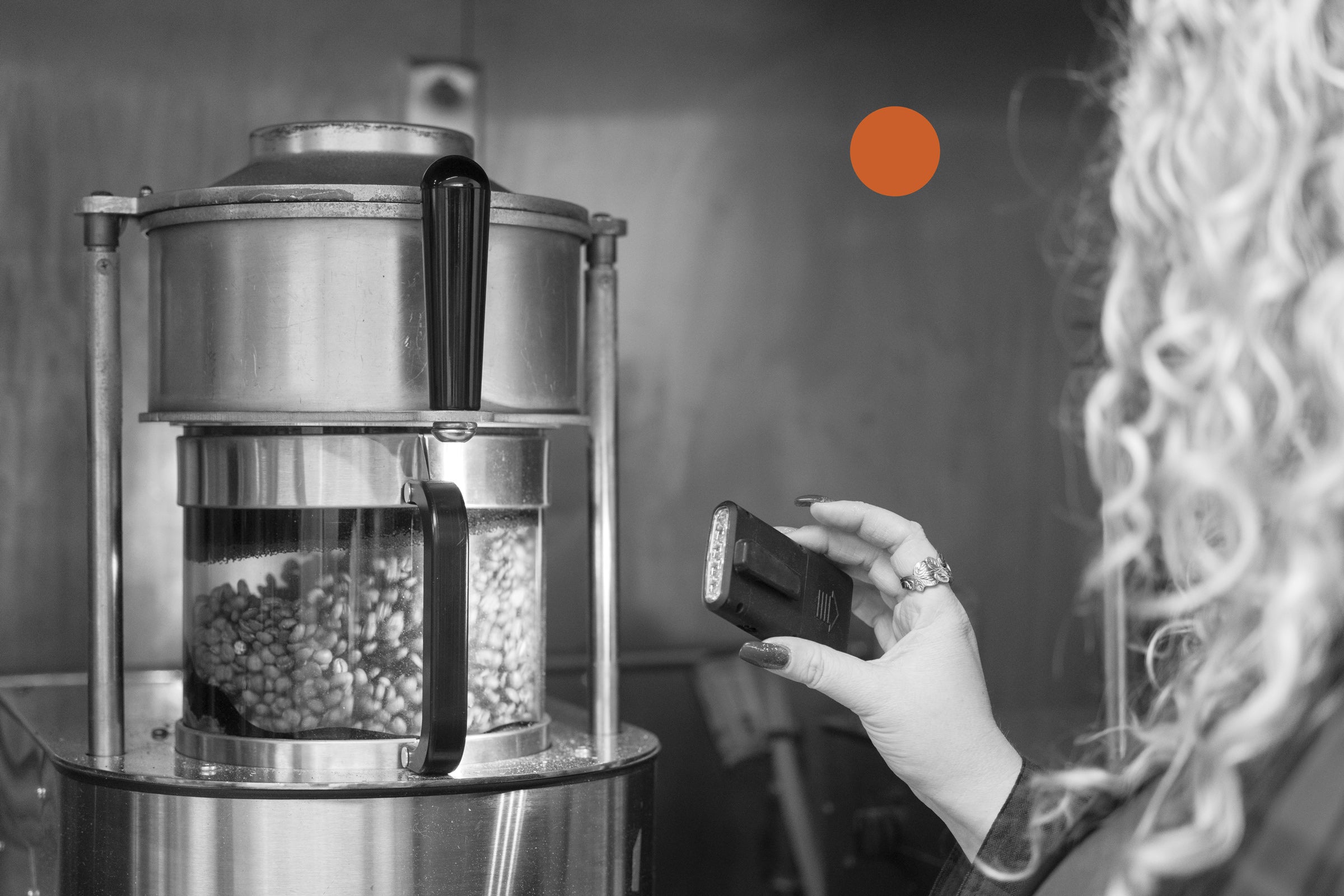
We have offered Peaberry coffees from various origins for a few years now. They are not always easy to find, but when we are able to get our hands on one, it quickly turns into a new favorite both in the shop and online. I want to start this blog by defining what a Peaberry coffee is just in case you haven't heard of it before. Coffee grows as a cherry and usually has two seeds, but a natural mutation can occur that creates a cherry with just one seed. This is called a Peaberry. The bean size is smaller than regular beans and has a rounder shape. It offers a unique flavor profile and makes up for less than 10% of coffee processed, so it is quite rare.
With this unique bean come a lot of misconceptions and myths. That being said, let's debunk and clear up some of the misconceptions that are out there about Peaberry coffee.
1. Peaberry is the Runt of the Harvest.
There are so many theories about Peaberry that it's hard to know what is fact and what is opinion. It's true that it's smaller than the traditional bean, and instead of two seeds, there's just one. But, is that enough to conclude that it's the runt? The word "runt" is used when referring to a litter of animals. When you have a runt of a litter, you have one animal that is smaller and lower in weight. Usually, the runt needs more care because of its size and birth weight. The same term is sometimes used when describing Peaberry because it's smaller than most coffee beans. But, just because it's small doesn't mean it failed to grow in some way. It may look a little different, but it doesn't require special care or processing. I think it's safe to conclude; Peaberry is just different. Different and delicious.
2. Peaberry Only Comes from Tanzania.
It's believed that Peaberry coffee grew in popularity because the Japanese started to order it in bulk, and they happened to get it from Tanzania. Following that, Peaberry from Tanzania became the standard, and people thought that Peaberry came exclusively from there. Tanzania does produce a significant amount of Peaberry coffee, and it is mostly found in the country's high-elevation areas near Mount Kilimanjaro. But in reality, the Peaberry mutation can occur in any region of the world. And, because it is a natural mutation that farmers can't intentionally plant, there isn't a way to make it grow exclusively in one area. I personally roasted and enjoyed Brazilian Peaberry for a long time until it became harder to get. I also recently roasted Rwandan Peaberry, which I liked just as much.
3. Peaberry is Special or Higher Quality Coffee.
If you're experienced with tasting coffee, your palate is used to detecting bad, okay, good, and great quality. When you're tasting something like one of our Black Labels, you know that you're tasting some of the best of the best. I wouldn't put most Peaberry in that category, but I would put it in the category of having the potential to be a high-quality coffee. I say potential because you can get Peaberry from any variety, and the quality of the variety is a determining factor for the quality of a coffee. You can also get Peaberry from different farms from across the world, and the level of intentionality that goes into farming a coffee is also a determining factor of its quality. So I say it has potential because there are many other determining factors.
4. Peaberry is Lower Quality Coffee.
I mentioned the factors that could determine the quality of coffee, so the same principles apply here. In and of itself, it's not true that Peaberry in general is a low-quality coffee. The quality can depend on what variety is planted, a producer's farming practices, and many other factors. I have roasted and drank a lot of different coffees in my personal coffee journey and it's hard for me to believe, based on my experience with Peaberry, that it would be of lower quality. Some Peaberry coffees that I have tried are some of my all-time favorite coffees.
5. Peaberry Tastes Sweeter.
Like quality, the flavor and sweetness of Peaberry are influenced by many components of growing coffee — variety, soil, farming practices, climate, and so much more. The Rwandan Peaberry that I have tried had a sweet quality to it that was delicious. But on the other hand, with the Tanzanian and Brazilian Peaberries that I've tried, I wouldn't say that the sweetness of those stood out.
6. Peaberry is Easier to Grow.
Growing Peaberry is no different than growing any other coffee. It's simply a mutation within a crop of coffee being produced. The only difficulty with Peaberry is the sorting process. Depending on the technical capabilities of a farm, Peaberry coffee may be sorted from other coffee manually or with machines. One way or another, the Peaberry is separated from the rest of the crop. It usually accounts for 1-10% of a crop, so it's worth the effort to separate but labor-intensive.
7. Peaberry is a Variety.
Peaberry grows from every variety. Since there isn't a specific variety that produces Peaberry, it's safe to say that variety does not define Peaberry. As I mentioned earlier, you can't just sit down and decide to grow Peaberry, it just happens.
8. Peaberry is More Difficult to Roast.
I decided to test out this myth myself. The beauty of home roasting is that you can get whatever kind of coffee you want and roast it however you like it. Of course, you consider the suggested roast level, but ultimately you are your own quality control. For this experiment, I took some home some Peaberry coffee beans, roasted them, and let them rest. I have to say, I didn't find it hard to roast at all. I use a Behmor, which is a drum roaster. The only thing to note is that the crack came later than expected, and it wasn't very loud. Once I heard the first crack, I just used the color of the bean to know if it was ready. I had to stay close, but I didn't find it hard to roast if I watched it closely. I also talked to our head roaster here at Sagebrush to get her perspective on how easy or hard it is to roast Peaberry. Her perspective is that it's both easy and hard. She found that regardless of the region, Peaberry tends to roast consistently. But, it usually takes longer to hear the first crack, and chaff stays on the bean longer than other coffee varieties. Additionally, over-roasting can happen very quickly. Just like most things in life, it's subject to opinion and falls somewhere in between difficult and easy.




